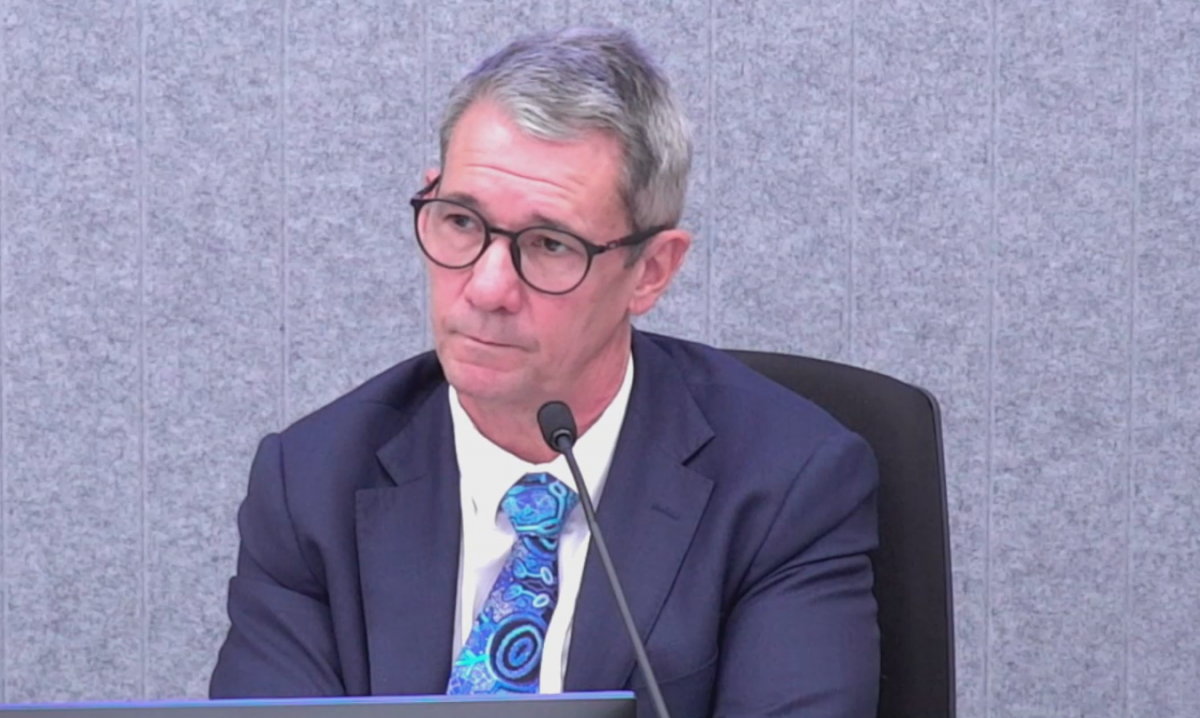
In what is expected to be the last day of his questioning for now, Director of Public Prosecutions Shane Drumgold told the inquiry he felt he sufficiently warned Lisa Wilkinson not to give her Logies speech. Photo: Screenshot.
The Director of Public Prosecutions told the Board of Inquiry on Friday (12 May) he believed he gave “ample information for [Lisa] Wilkinson to get the message” that she should not have made her Logie Award speech.
On the fifth day of the Board of Inquiry, Shane Drumgold SC was questioned by Sue Chrysanthou SC, counsel for journalist Lisa Wilkinson, over Ms Wilkinson’s speech made when she won the award for a story with Brittany Higgins.
A meeting was held between the DPP’s office and Ms Wilkinson regarding her Logie Award speech on 15 June 2021, four days before the award ceremony. Mr Drumgold told the inquiry that he thought there was a “highly unlikely remote chance” Ms Wilkinson would win the award, and felt he had adequately warned her against making the speech.
“I gave an umbrella explanation” that “any publication could give rise to a stay”, Mr Drumgold said, adding that “to my recollection, I gave a general publicity warning” and was “concerned not to impose an injunction that a court had declined to impose”. As a result of this warning that any publicity could hinder the case, Mr Drumgold “thought [Ms Wilkinson] understood that no speech could be made”.
Ms Chrysanthou responded: “What you say now about that cannot be true … that you somehow telepathically thought that my client, based on some throwaway words from you about the potential publicity, having read out the substance of her speech to you, would leave that meeting understanding that she was not to give a speech.”
Ms Wilkinson has disputed the claim that Mr Drumgold sufficiently advised her against delivering the speech, writing in her statement that “if Mr Drumgold had told me not to give the speech, I would have followed that advice” and that she “trusted that he would appropriately advise or warn me of any risk that he perceived”.
However, Mr Drumgold acknowledged that he was paying little attention to the speech when Ms Wilkinson read it during the conference. During questioning on Monday (8 May), he explained this was because he thought it was unlikely Ms Wilkinson would win the award.
“I don’t remember hearing that much of the speech … I had switched off by then, I think,” he said on Friday.
Mr Drumgold also said he “[didn’t] know how the Logies work” and was “personally not monitoring media extensively” in relation to the Bruce Lehrmann trial.
“When I’m in a trial, particularly a trial like this, I deliberately try to limit the amount of media that I get exposed to,” he said.
He pointed out that Ms Wilkinson had her own lawyer present in the conference, whom he assumed would also advise her on the speech.
When asked by inquiry chair Walter Sofronoff KC whether he thought it was his “duty” to add to his warning to Ms Wilkinson, Mr Drumgold said, “in my mind, she had a lawyer. I was assuming I was simply adding to her getting legal advice”.
A stay application was made by Mr Lehrmann’s lawyers days after Ms Wilkinson’s speech.
Ms Chrysanthou questioned Mr Drumgold about the file notes produced by his office to record what had been discussed during the meeting.
While Mr Drumgold told the ACT Supreme Court during the stay hearing that the notes had been “contemporaneous”, the note was updated after Ms Wilkinson’s Logies speech had been made to suggest that the DPP had sufficiently warned her not to make the address.
Ms Chrysanthou called this a “failing on the part of the DPP” as well as an act of “misleading” ACT Chief Justice Lucy McCallum. Mr Drumgold said he “wasn’t intending to mislead” and that he believed the document was “accurate” despite not being made at the time of the meeting.
However, as Ms Chrysanthou explained, the proofing note meant the Chief Justice had an “adverse view about [Ms Wilkinson’s] conduct”, a view that was “formed primarily because of the content of the document”.
“You knew because of the high-profile nature of the matter that, and also the high profile of my client, as her honour said things like that and as you agreed, there’d be tap-tap-tapping away by journalists reporting on it,” she said.
After the judgement was made, Ms Wilkinson was, in Ms Chrysanthou’s words, “destroyed by the media”. When asked whether he observed this for himself, Mr Drumgold said he “didn’t know”, and reiterated that he generally avoided media during cases of this nature. Following the judgement, Marlia Saunders of Thomson Greer, representing Network 10 and Lisa Wilkinson, contacted Mr Drumgold, requesting that he read a statement in court on their behalf.
In an email presented as evidence to the inquiry, Ms Saunders wrote, “We understand that Mr Drumgold will tender the letter in court tomorrow”. The letter stated that “Neither Ms Wilkinson nor the Network Ten Senior Legal Counsel present at the conference … understood that they had been cautioned … Had they understood that a specific warning had been given, Ms Wilkinson would not have given the speech”.
Despite this being, as Ms Chrysanthou said, “the opportunity … to correct what was being said”, Mr Drumgold did not tender the letter. “I was dealing with a million other things … I don’t believe I was in the position to fix it.”
In earlier questioning about why he didn’t raise the issue, he said: “Every media outlet is misrepresenting this entire trial … at what point do I stop correcting the public record?”
The inquiry will resume on Monday.












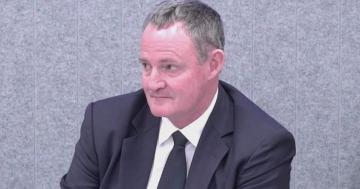

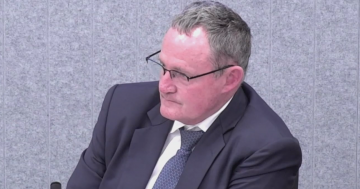
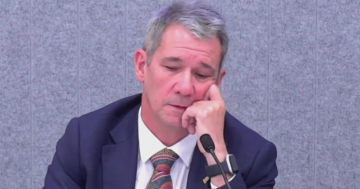
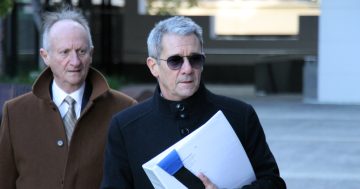


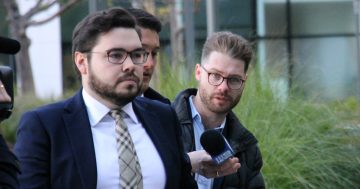
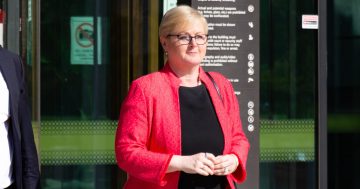

Neenie Bee Yes i do that's why woke is bad View